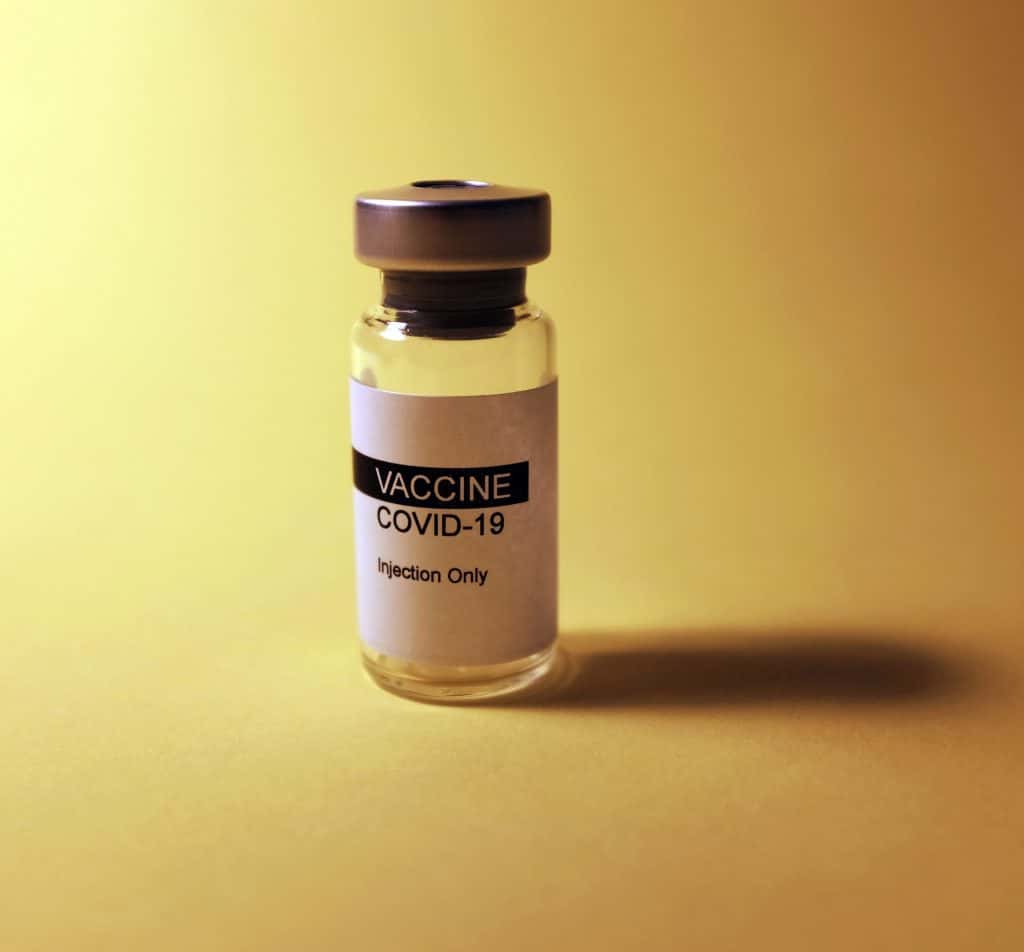
FDA pulls approval of COVID-19 antibody treatment due to inefficacy against variants
pharmafile | January 27, 2023 | News story | Medical Communications |
The FDA has revoked its approval of AstraZeneca’s Evusheld due to the fact that it is not effective against more than 90% of COVID-19 variants currently in circulation in the US. The antibody treatment was previously used as an additional layer of protection against the virus for those with compromised immune systems, such as those undergoing chemotherapy, or organ-transplant patients.
Currently the omicron XBB.1.5 subvariant has risen quickly in the US, now causing 49% of new infections according to the CDC. This variant is proficient at evading antibodies and is therefore more difficult to protect against.
Evusheld also cannot protect against the following variants: BQ.1, BQ.1.1 and XBB, as well as XBB.1.5. Combined, these variants make up almost 93% of new cases in the US.
The treatment is a preventative measure to be administered before exposure to COVID-19, which aims to provide an additional level of protection on top of the standard COVID-19 vaccines. It is comprised of a combination of antibodies, cilgavimab and tixgevimab, and is intended to be administered as two injections every six months. Over 7 million US adults have compromised immune systems, representing 12% of COVID-19 hospitalisations despite representing only 3% of the population.
The FDA have stated: “Today’s action to limit the use of Evusheld prevents exposing patients to possible side effects of Evusheld such as allergic reactions, which can be potentially serious, at a time when fewer than 10% of circulating variants in the US causing infection are susceptible to the product.”
Betsy Goodfellow








